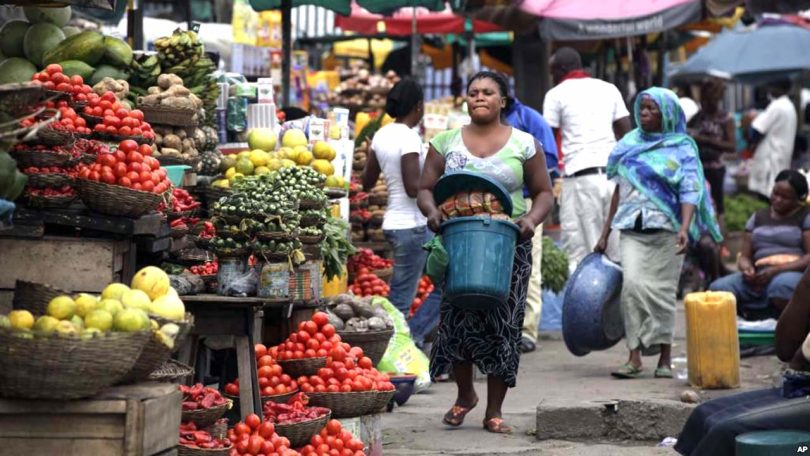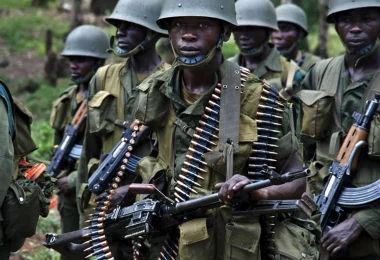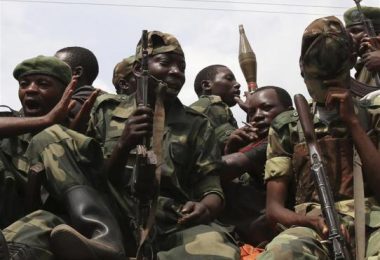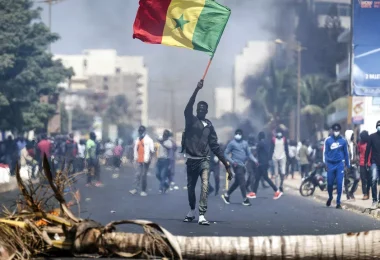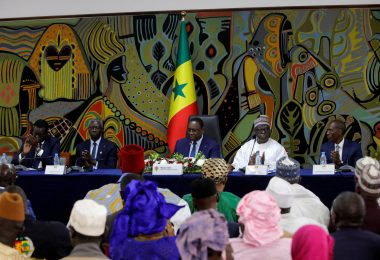Nigeria is currently facing one of its most severe economic crises in recent history, with the naira plummeting to unprecedented lows against the US dollar and inflation surging to its highest level since 1996. The crisis has ignited widespread discontent and protests across the nation, profoundly affecting its population of over 210 million.
The government’s latest statistics reveal a distressing inflation rate of 29.9% for January, primarily propelled by escalating costs of food and non-alcoholic beverages. The naira’s value dropped dramatically to 1,524 to $1 on Friday, marking a staggering 230% depreciation over the past year. This devaluation exacerbates the financial strain on Nigerian citizens, eroding their income and savings amidst already challenging economic conditions.
Recent reforms, including the removal of gas subsidies, have led to a tripling of gas prices and a consequent spike in transportation costs, further burdening the populace. Nigeria, Africa’s largest economy, heavily relies on imports for everyday necessities, making it particularly vulnerable to external economic shocks and fluctuations in the global market.
Obiajulu Blessing, a Lagos resident and mother of three, encapsulated the public sentiment by saying, “Everything is too expensive; they should help us.” The nation’s economy, heavily dependent on oil, has not sufficiently catered to its booming population’s needs, leading to a reliance on imports ranging from vehicles to everyday household items.
In an effort to address the ailing economy, President Bola Tinubu has implemented significant measures, including ending long-standing gas subsidies and unifying the country’s multiple exchange rates. However, these steps have led to further devaluation of the naira and have not been accompanied by sufficient mitigation strategies to alleviate the hardships faced by the citizens.
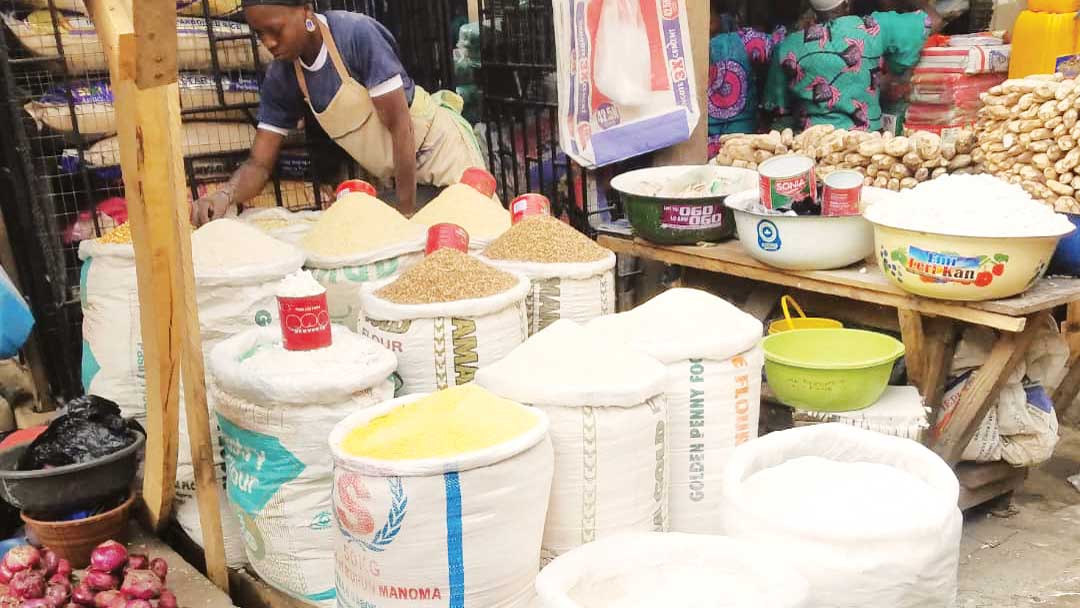
Nigerian food market
Strategy consultant Dipo Oyewole commented on the government’s handling of the situation, noting, “This is quite unfortunate because somehow it seems like the government hasn’t been able to get a handle on it, and it keeps increasing right now.”
In response to the escalating economic hardship, President Tinubu directed the release of food items from government reserves and announced plans to establish a commodity board to regulate soaring prices. However, these measures have yet to quell the unrest and dissatisfaction among the Nigerian populace.
The situation is particularly dire in northern Nigeria, where conflict has displaced farming communities, exacerbating food scarcity. Recent weeks have seen protests erupting in various parts of the country, with security forces swiftly intervening to suppress dissent, sometimes resulting in arrests.
The economic turmoil has led to noticeable changes in daily life, particularly in Lagos and other major cities, where the increase in transportation costs has forced many commuters to walk to work, highlighting the profound impact of the crisis on the everyday lives of Nigerians.

